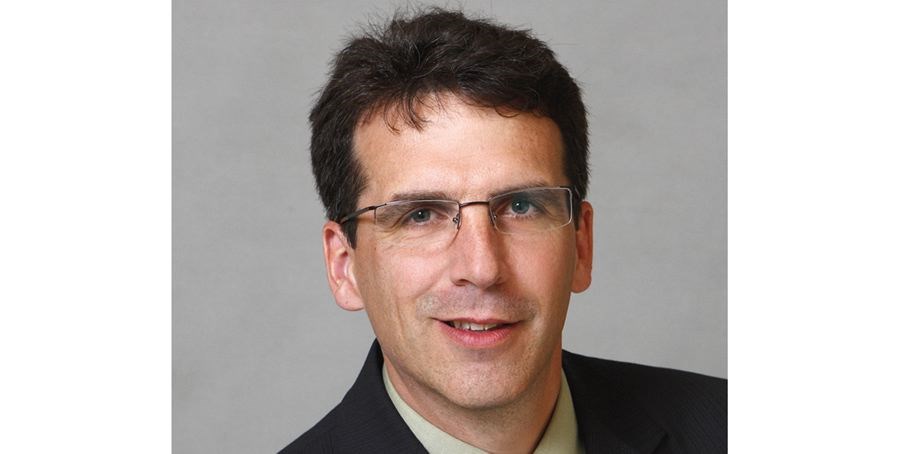Part 2 - The Death Stare
Time and family law being what it is, the drug-addicted guardians were mandated another chance to raise their child, and my friends' grandchild was back in a risky environment.
Grandma and Grandpa stayed in contact enough to know that the contrition the child's parents had manufactured for the courts had the permanence of snow in July - in Arizona. They bided their time with a mixture of hope and the dreadful anticipation of another intervention which would surely come.
It came.
To absolutely no ones surprise, the addicts began to slide back in to their habits once the imminent worry of a courtroom showdown was over. Their intentions may have been good, or maybe not, but their behaviour belied their chemical willy-nilly-ness.
This time Grandma would have the best chance of a safe retrieval of the child. There was a party under way - it had been underway for a month or so - and the child was increasingly being exposed to a frighteningly dangerous outcome.
Through the front door marched Grandma, unannounced, but as determined as stink from a pulp mill. Without a word, she bent over and picked up the precious little man, held him close and turned around to leave.
That's when she met Bruno. Tattooed, blinged and angry, he confronted her with the stench of unwashed, unbridled hog breath. "Who the @#$% are you?"
She halted.
It was never a question of her safety, only that of the little one, but this towering septic heap was an obstacle to both. All she had were words and in this case words were better than a contest of strength.
She looked him square in the face, which was not easy to do without cringing, and hissed her best Dirty Harriet, tinged with a death stare that only a mother can conjure: "You have two choices street monkey. You can let me walk out of here with this child, or you can try to stop me. If you try to stop me, you will have to kill me, and if I get away, I will be right back with an army of cops to bust this place. If you let me walk, you can carry on partying until you can't walk. Your choice."
He looked her over. She had the steely gaze of a mother whose children were "cruis'n for a bruis'n," and he wanted no part of it. He stepped aside, and let her leave peacefully.
She sighed - a heavy sigh that still echoes today in the bright eyes of a handsome, healthy, thriving teenager, who was never again returned to the drug house. All in a day's work for super heroes of the grey-haired sort.
This story begs the question of leaving assets to loved ones, some of whom may not be in the right frame of mind to use them to do well for themselves or others.
It is common to distribute your assets on death outright to your loved ones.
A testamentary trust is an alternative to a direct or outright distribution of estate assets. It allows you to control the timing and distribution of assets to your beneficiaries even after death.
The assets held in the trust are invested and managed by the trustee of the trust, who distributes the income and capital to the beneficiaries in accordance with your wishes stated in your Will.
What is a testamentary trust?
A testamentary trust is a trust or estate that is generally created on the day a person dies.
The terms of the trust are established in the deceased person's will, by court order, in relation to the deceased's estate, or by a separate trust document, in the case of a testamentary insurance trust funded by a death benefit on the individual's death.
Directions for the creation of a testamentary trust and the terms of the trust, which should be specified in your will include: 1) the amount of money or other property to be held in the trust, 2) the beneficiaries of the trust property, 3) identification of the trustees and their powers, 4) the duration of the trust, and 5) when and how distributions are to be made.
Testamentary trusts may have a lifespan of a few years or may continue for many years after the initial administration of your estate has been completed.
Since generally only assets passing through your estate can be transferred to a testamentary trust (an exception exists for insurance proceeds that may be paid directly to the trust, rather than through the estate), probate taxes will likely have to be paid.
Furthermore, once your testamentary trust is established, annual trust tax returns may be required.
Probate taxes and the additional costs and complexities of preparing annual trust tax returns are two costs to consider in this decision.
Note: If it is your preference to entirely exclude a child or grandchild from your estate due to extenuating circumstances, there are other strategies to consider instead of a testamentary trust.
This article is not meant as tax or legal advice. Readers should consult their own
professionals before proceeding with a strategy.
Mark Ryan is an advisor in Prince George with RBC Wealth Management, Dominion Securities, (member CIPF) and can be reached at [email protected] or 250-960-4927.



